In the realm of B2B (business-to-business) marketing, the digital landscape offers a wealth of opportunities to connect with potential clients, build relationships, and drive growth. Crafting a successful B2B internet marketing strategy requires a deep understanding of your target audience, the ability to leverage various digital channels, and the implementation of tactics that resonate with other businesses. In this blog post, we’ll explore key B2B internet marketing strategies that can help you achieve your business goals and stand out in a competitive market.
1. Develop a Comprehensive Content Marketing Strategy
Content marketing is at the heart of successful B2B internet marketing. Creating and sharing valuable, relevant content helps establish your business as an authority in your industry and builds trust with potential clients.
Key Tactics:
- Educational Blog Posts: Write blog posts that address common pain points and provide solutions relevant to your target audience.
- White Papers and E-books: Offer in-depth research and insights on industry topics that showcase your expertise.
- Case Studies: Highlight successful projects and client outcomes to demonstrate your capabilities and results.
- Webinars and Videos: Create educational webinars and video content to engage and inform your audience.
Tips:
- Focus on Quality: Ensure your content is well-researched, informative, and provides real value.
- Optimize for SEO: Use keyword research to optimize your content for search engines and attract organic traffic.
2. Implement Effective SEO Strategies
Search Engine Optimization (SEO) is crucial for increasing your visibility online and attracting relevant traffic to your website. For B2B businesses, targeting the right keywords and optimizing your website can lead to higher search engine rankings and more qualified leads.
Key Tactics:
- Keyword Research: Identify high-value keywords related to your industry and target audience.
- On-Page SEO: Optimize your website’s content, meta tags, and internal linking structure for better search engine rankings.
- Technical SEO: Ensure your website is technically sound with a fast loading speed, mobile optimization, and a clear site structure.
- Backlink Building: Earn backlinks from reputable industry websites to improve your domain authority and search visibility.
Tips:
- Monitor Performance: Use SEO tools to track your rankings, traffic, and performance metrics.
- Stay Updated: Keep up with SEO best practices and algorithm updates to maintain and improve your rankings.
3. Leverage Social Media for B2B Engagement
Social media is a powerful tool for B2B marketing, enabling you to connect with potential clients, share valuable content, and engage with your audience.
Key Tactics:
- LinkedIn: Focus on LinkedIn for professional networking, sharing industry insights, and engaging with decision-makers.
- Twitter: Use Twitter to share timely updates, industry news, and engage in relevant conversations.
- Facebook and Instagram: Leverage Facebook and Instagram for brand awareness and showcasing company culture.
Tips:
- Create a Content Calendar: Plan and schedule your social media posts to maintain consistency and relevance.
- Engage with Your Audience: Respond to comments, participate in discussions, and build relationships with your followers.
4. Utilize Email Marketing for Nurturing Leads
Email marketing remains a highly effective strategy for nurturing leads and maintaining relationships with potential and existing clients.
Key Tactics:
- Segment Your List: Divide your email list into segments based on criteria such as industry, job role, or engagement level.
- Personalize Emails: Tailor your email content to the recipient’s needs and interests to increase engagement.
- Automate Campaigns: Set up automated email workflows for lead nurturing, follow-ups, and personalized communication.
Tips:
- Test and Optimize: A/B test your email subject lines, content, and CTAs to determine what resonates best with your audience.
- Monitor Metrics: Track open rates, click-through rates, and conversion rates to evaluate the effectiveness of your campaigns.
5. Invest in Paid Advertising
Paid advertising can help you reach a broader audience and generate targeted leads quickly. For B2B businesses, leveraging platforms like Google Ads and LinkedIn Ads can be particularly effective.
Key Tactics:
- Google Ads: Use Google Ads to target keywords relevant to your industry and drive traffic to your website.
- LinkedIn Ads: Utilize LinkedIn Ads to reach decision-makers and professionals within specific industries.
- Retargeting: Implement retargeting campaigns to re-engage visitors who have previously interacted with your website or content.
Tips:
- Set Clear Goals: Define your advertising goals and metrics to measure the success of your campaigns.
- Optimize Campaigns: Continuously monitor and adjust your campaigns based on performance data.
6. Build Strong Relationships Through Networking
Networking is essential for B2B marketing success. Building relationships with industry peers, influencers, and potential clients can open doors to new opportunities and collaborations.
Key Tactics:
- Attend Industry Events: Participate in conferences, trade shows, and webinars to connect with industry professionals and potential clients.
- Join Professional Groups: Engage with industry-specific groups and forums to share knowledge and build your network.
- Collaborate with Influencers: Partner with industry influencers to expand your reach and credibility.
Tips:
- Follow Up: Maintain connections by following up with new contacts and nurturing relationships over time.
- Offer Value: Provide valuable insights, support, and resources to build trust and establish yourself as a helpful industry resource.
Implementing effective B2B internet marketing strategies requires a multifaceted approach that leverages content marketing, SEO, social media, email marketing, paid advertising, and networking. By developing a comprehensive strategy and utilizing these tactics, you can enhance your online presence, attract qualified leads, and drive growth for your business.
Adapt your strategies to meet the specific needs and preferences of your target audience, and continuously monitor and optimize your efforts for the best results. Embrace the digital landscape to propel your B2B marketing success and achieve your business objectives
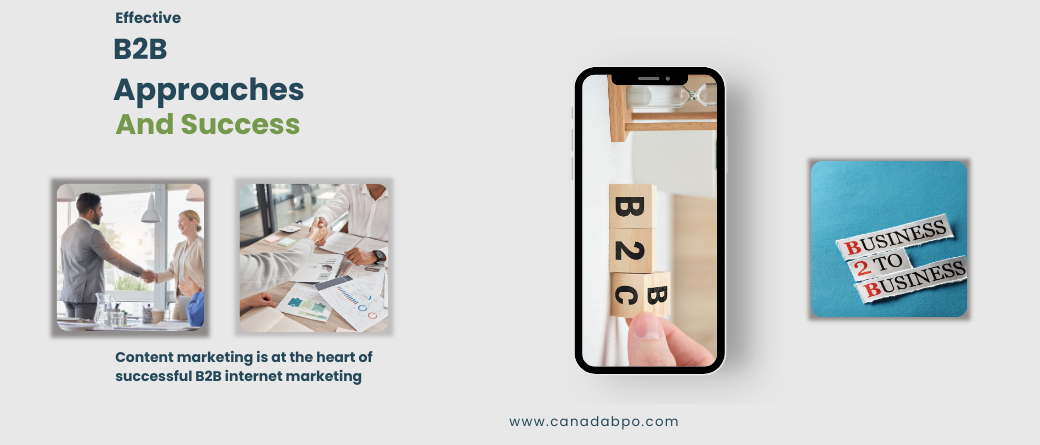
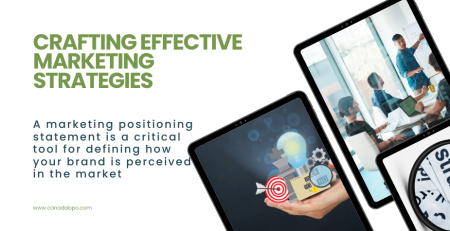
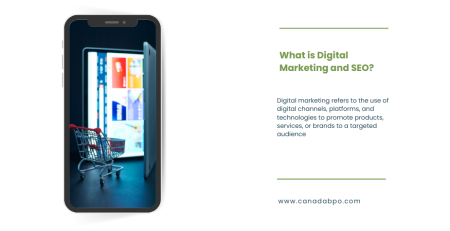
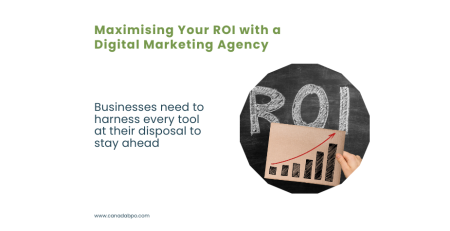

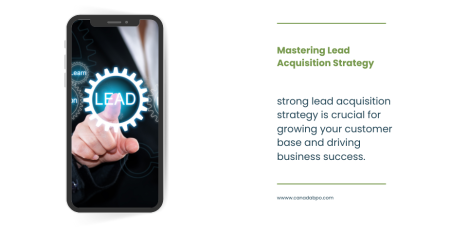



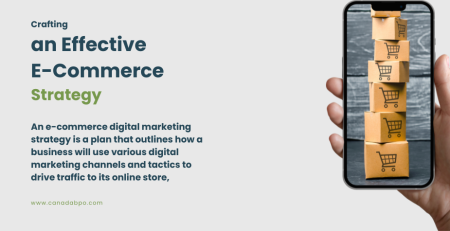
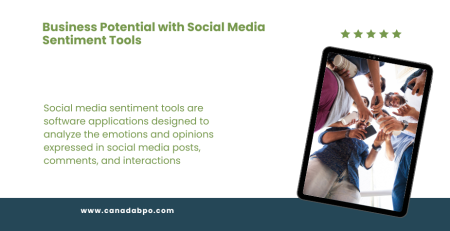
Leave a Reply